Between July 10 –14, Jagiellonian University in Krakow hosted the Summer School 2023 – the first pilot educational initiative of EIT Culture & Creativity, which is supported by the European Institute of Innovation and Technology (EIT), a body of the European Union. The event, which revolved around key themes such as Cultural Heritage and Immersive Technologies (XR), was jointly organized and led by Jagiellonian University and Una Europa, two of EIT Culture & Creativity’s partner organisations.
The inauguration ceremony on 10 July was held by the organisers of the Summer School – Prof. Dr hab. Stanisław Kistryn and Dr. Marta Materska-Samek, who is also acting as one of the interim Directors for Education at EIT Culture & Creativity. Various distinguished guests attended the opening ceremony including representatives of the International Cooperation Department, Dr. Izabela Zawiska and Krystian Gruba, Deputy Director of CTT CITTRU.
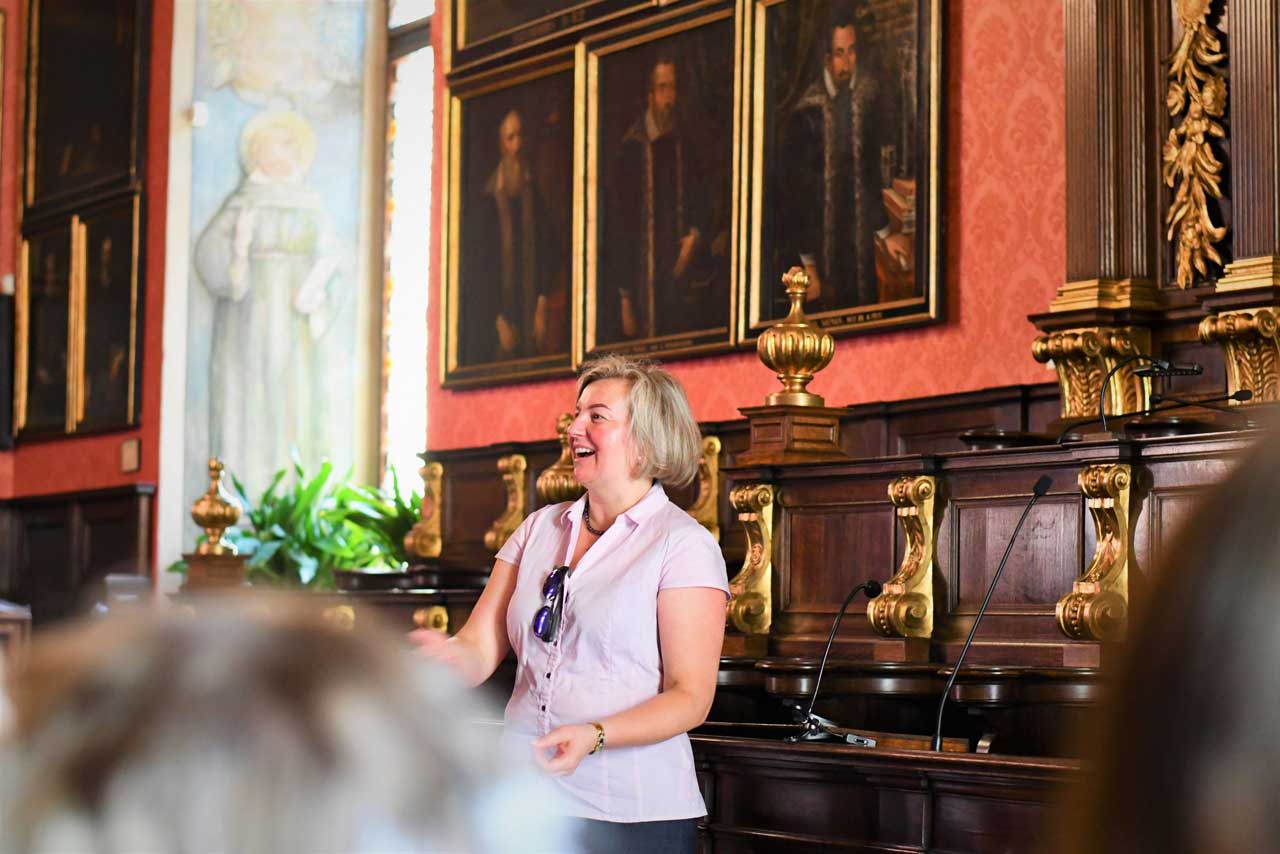
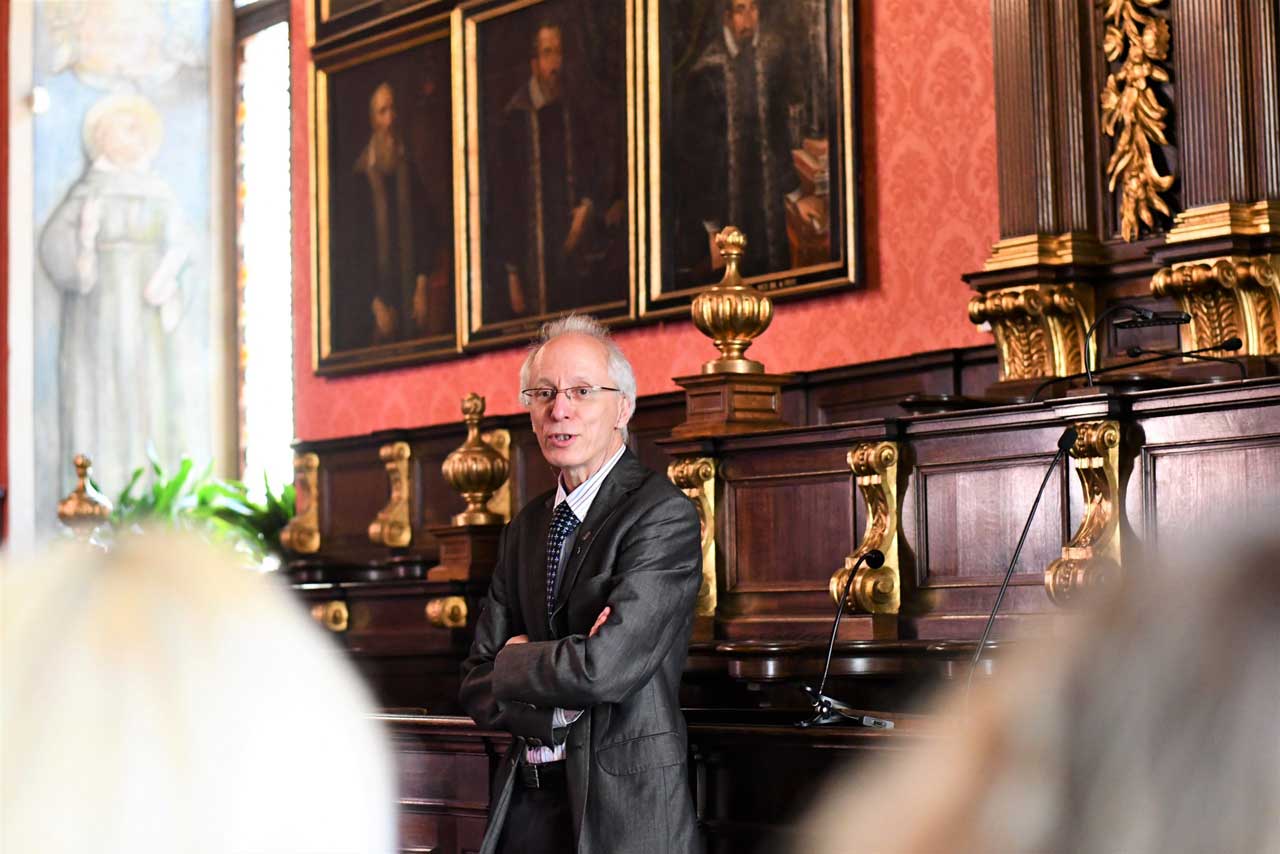
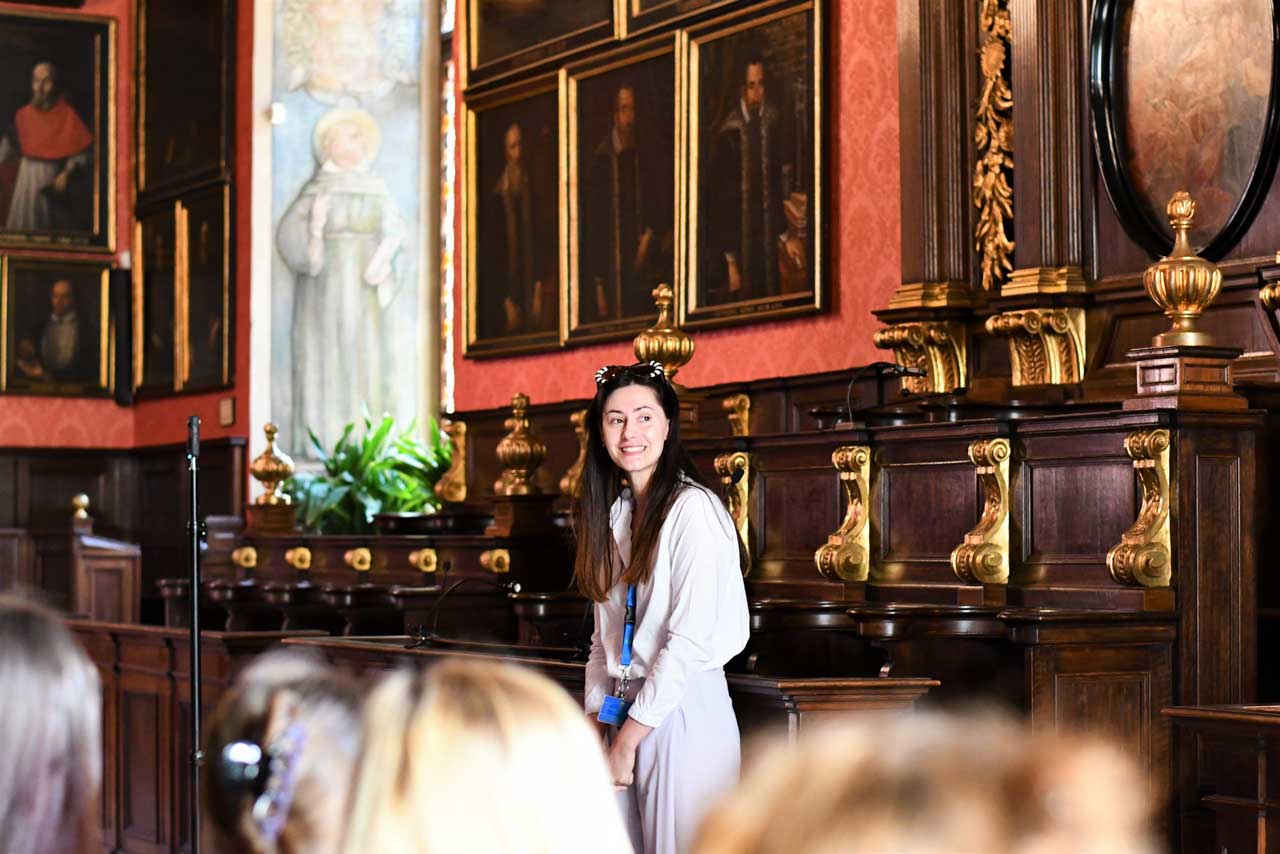
People from various corners of Europe travelled to Krakow to attend the inauguration ceremony and first Summer School. Students hailing from different areas across the continent took part, including students from Portugal, Cyprus, Estonia and Poland. Additionally, there were Ukrainian students, specializing in computer graphics, art, and informatics, who were able to join thanks to the support of NAWA’s Una4UA program. Overall, 28 students and doctoral candidates representing various European nations were welcomed by the Jagiellonian University’s Faculty of Management and Social Communication.
After the formalities concluded, the workshops commenced with hands-on activities that involved utilizing the VR Dragon application and its capabilities while strolling through Krakow’s Market and Wawel Castle. The remarkable application facilitates an interactive exploration of the city center and allows users to virtually position the mythical and legendary Wawel Dragon at five distinct spots within the historic Old Town area. It serves as an exemplary demonstration of how augmented reality can be effectively used to promote the city of Krakow.
Throughout the summer school, a variety of workshops were arranged with the aim of delving into the possibilities offered by extended reality (XR) technologies in terms of safeguarding, educating and promoting cultural heritage. By examining how XR can be combined with cultural heritage, valuable insights were gained of how these technologies contribute to digitizing, replicating and making cultural treasures more accessible to a diverse range of individuals.
The event created a platform for experts, researchers, XR content developers and cultural heritage representatives to exchange on knowledge, fostering innovation and collaboration. Hereby, it contributed to the development of new tools and policies as well as practices for the promotion of cultural heritage and XR technologies.
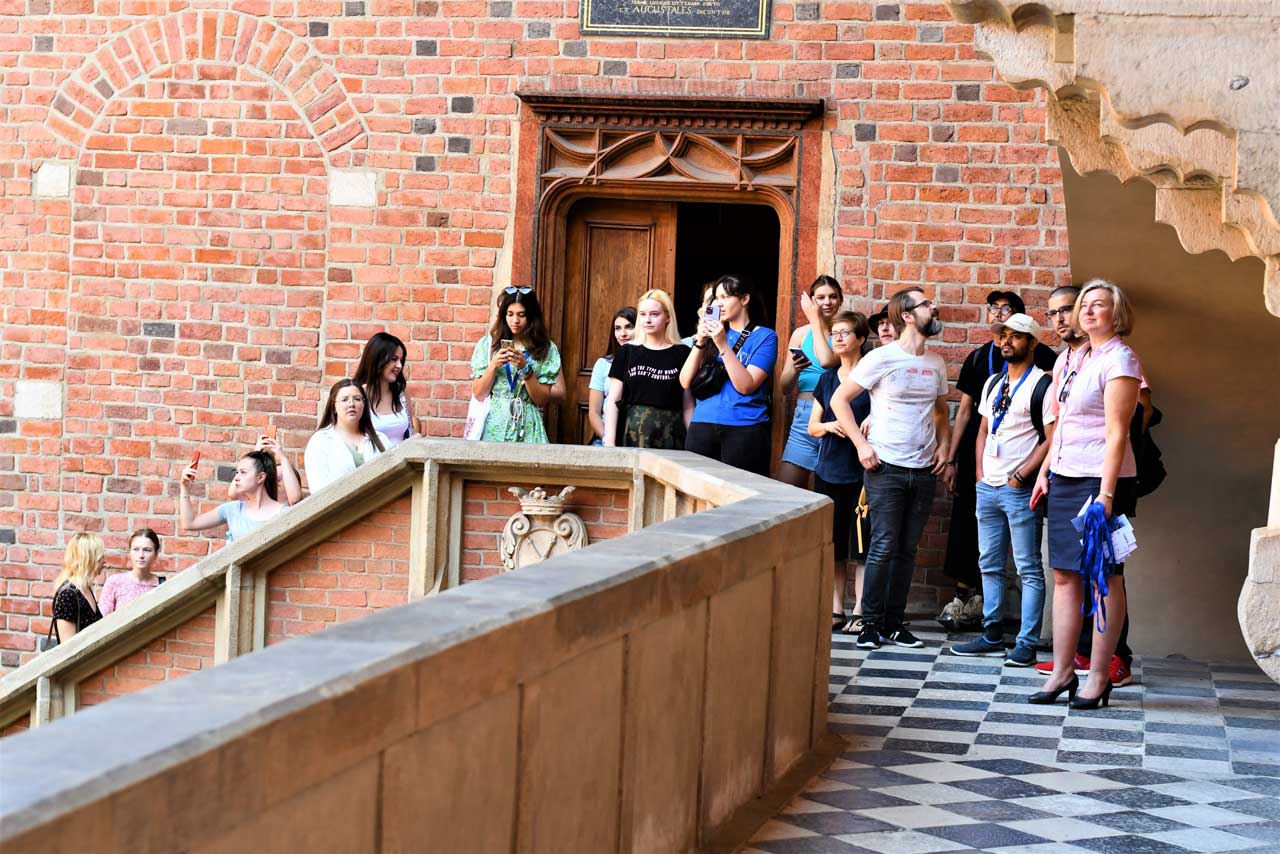
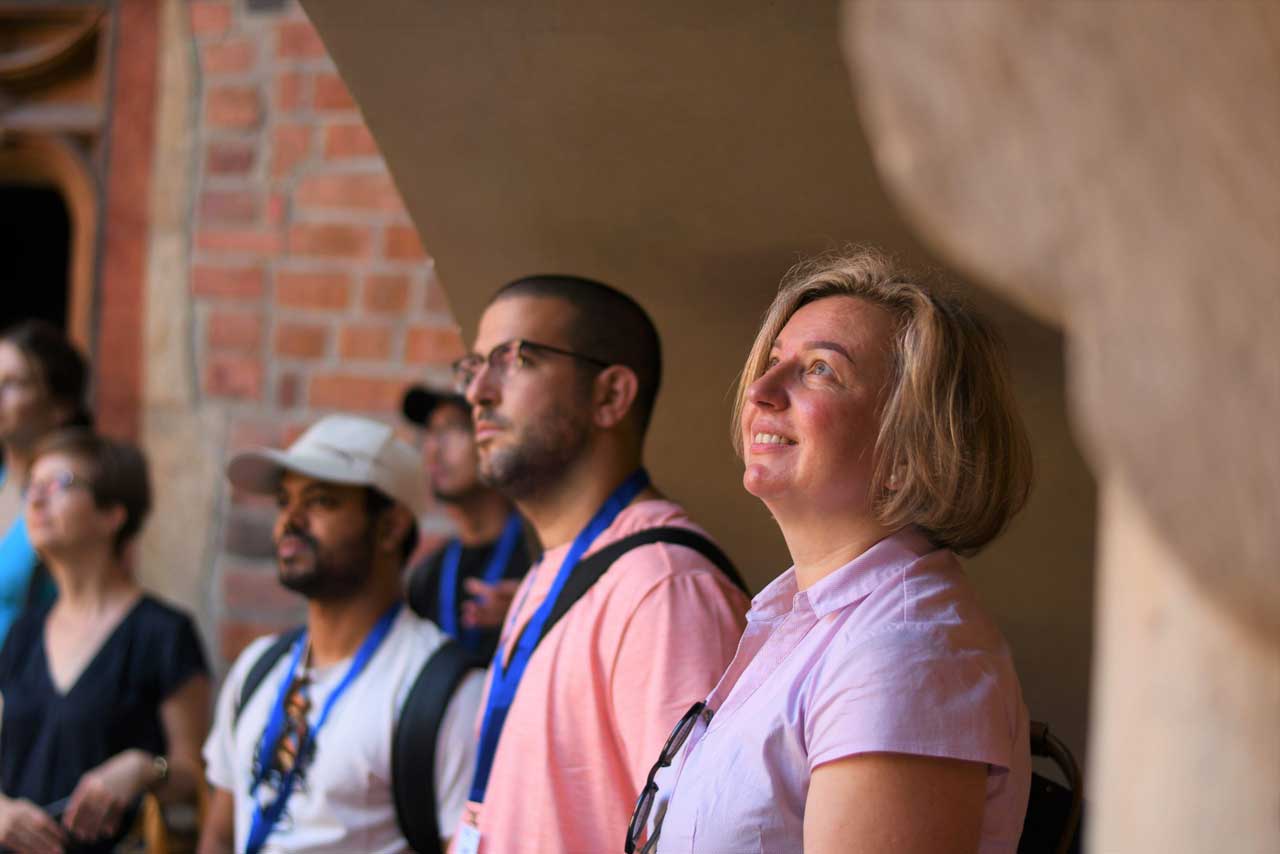
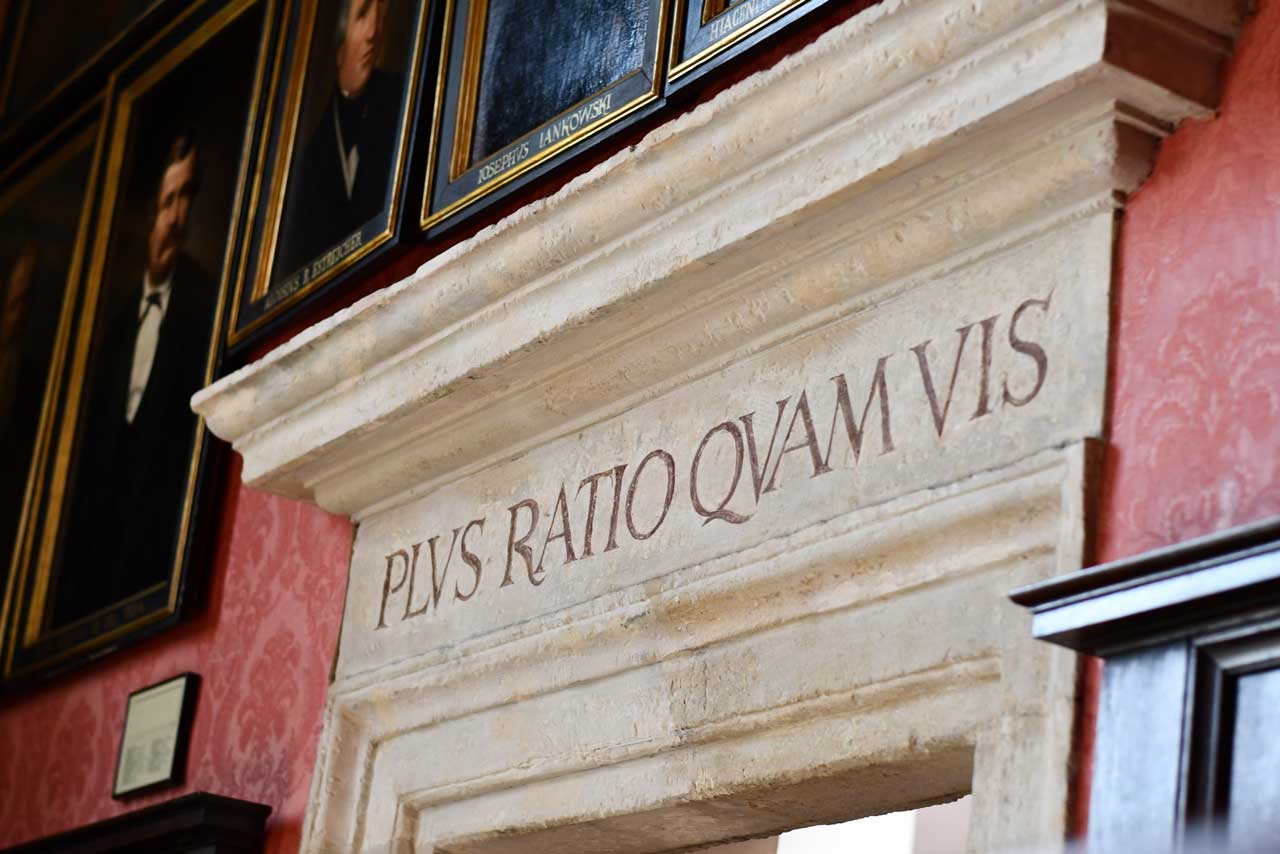
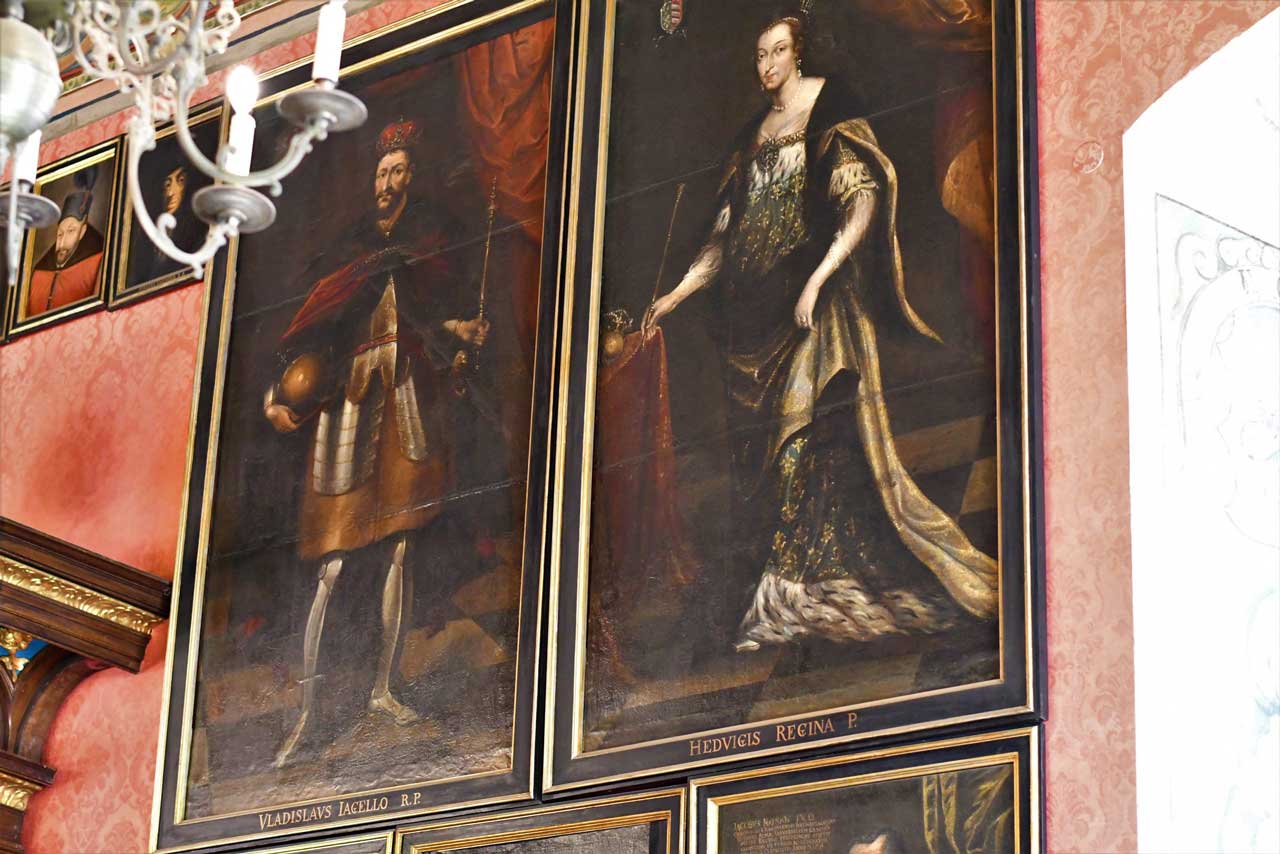
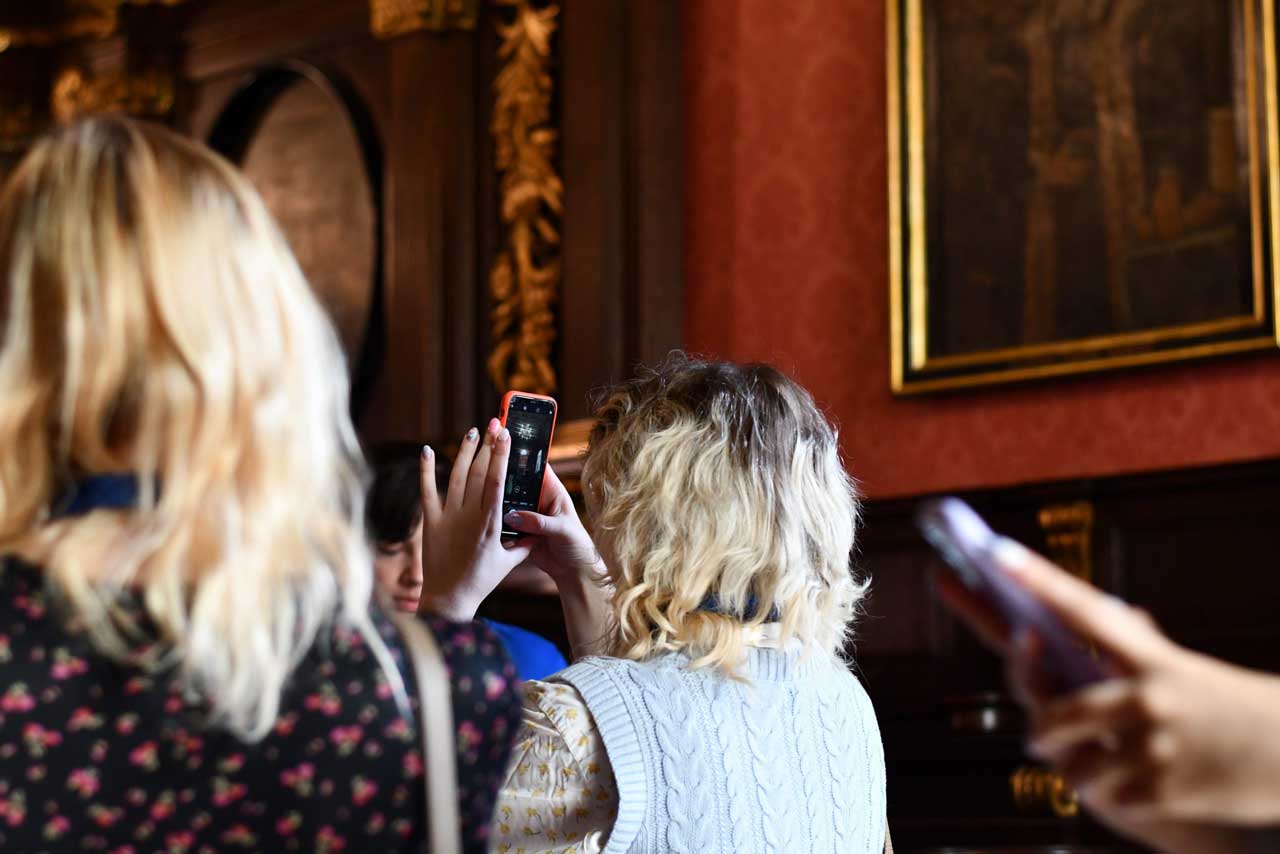
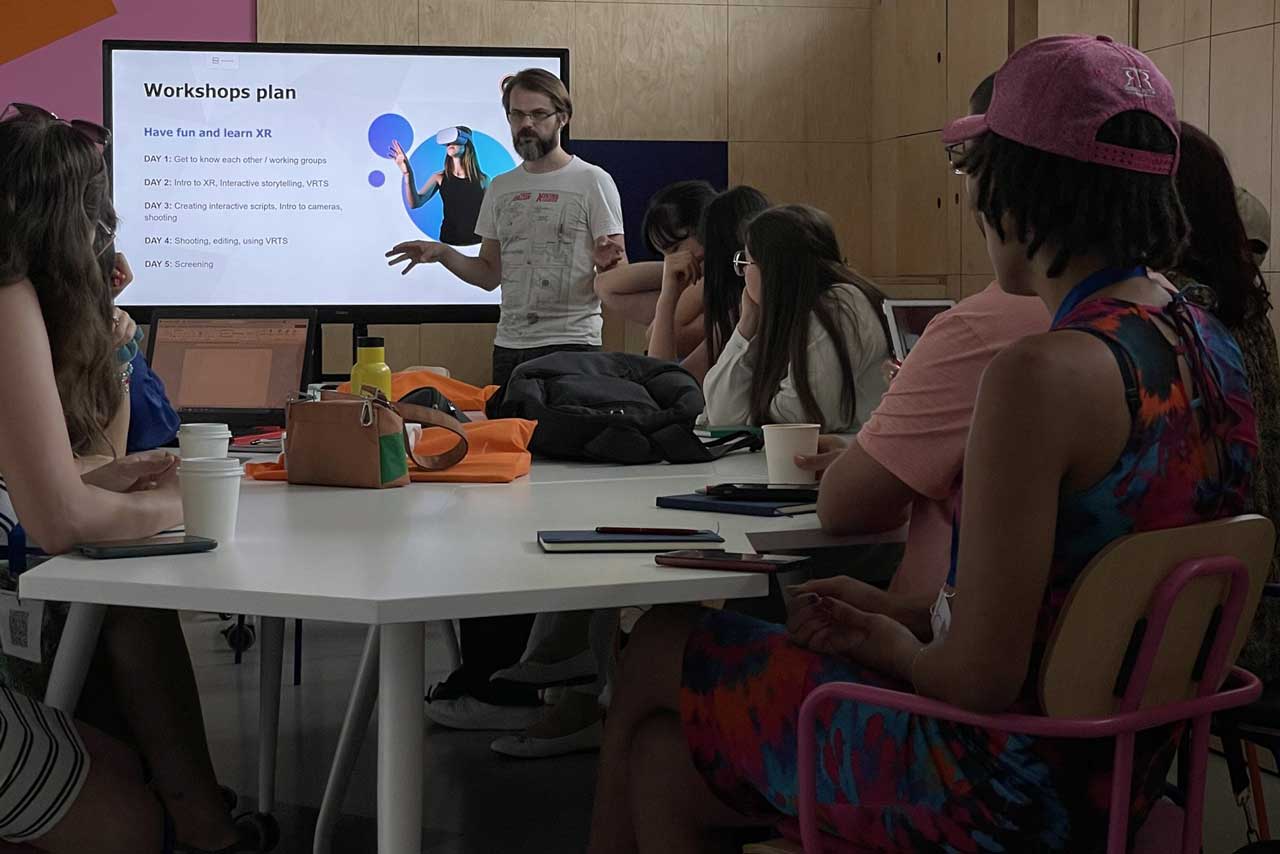

About EIT Culture & Creativity
EIT Culture & Creativity is the ninth Innovation Community by the European Institute of Innovation and Technfology (EIT), a body of the European Union. It is designed to strengthen and transform Europe’s Cultural and Creative Sectors and Industries (CCSI) by connecting creatives and organisations to Europe’s largest innovation network. It takes a holistic and open approach to innovation – from tech to artistic driven innovations, from business to citizen driven – and reinforces the appreciation and anchoring of European values and identities. EIT Culture & Creativity will unlock latent value from a multitude of small CCSI stakeholders through technology transfer, improved cross-sectoral collaboration and their effective integration in production value networks. EIT Culture & Creativity will support technology and business innovation; artistic innovation and social innovation. It will also harness the unique position of the CCSI to facilitate the Triple Transitions in Europe – green, digital and social.
About Jagiellonian University
The Jagiellonian University is the oldest higher education institution in Poland and one of the oldest in Europe. It was founded on 12 May 1364 by the Polish king Casimir the Great. The Jubilee year 2014 marked the 650th anniversary of this remarkable event.Today, the Jagiellonian University comprises 16 Faculties, where nearly 4 thousand academic staff conduct research and provide education to almost 40 thousand students, within the framework of more than 150 different fields of study. Eminent researchers and state-of-the-art infrastructure make the JU one of the leading Polish scientific institutions, collaborating with major academic centres from all over the world. The Jagiellonian University is also home to numerous student research societies, where young researchers pursue their academic interests and develop friendships with people who share their passion.
About Una Europa
Una Europa is an alliance of 11 leading universities from all corners of Europe. Together, they are forging a new path for education and research in Europe and beyond to shape our shared future for the better. The Una Europa community spans more than half a million students, 100,000 members of staff and 10 languages, grounded in over 1,000 years of collective heritage. Founded in 2019, Una Europa has secured successive rounds of European Union funding to realise its vision for a European ‘University of the Future’. In just three years, the alliance’s pilot project succeeded in launching nine joint programmes – including Europe’s first truly joint bachelor’s degree – transcending boundaries of discipline, institution, and country to take international collaboration to the next level. The alliance has also taken its first steps towards a common research ecosystem underpinned by a shared research and innovation agenda. Guided by its 2030 Strategy, Una Europa is working towards a truly inter-university and pan-European campus, shaped by universities’ universal and fundamentally interwoven obligations to society: research and innovation, teaching and learning, and societal outreach.



